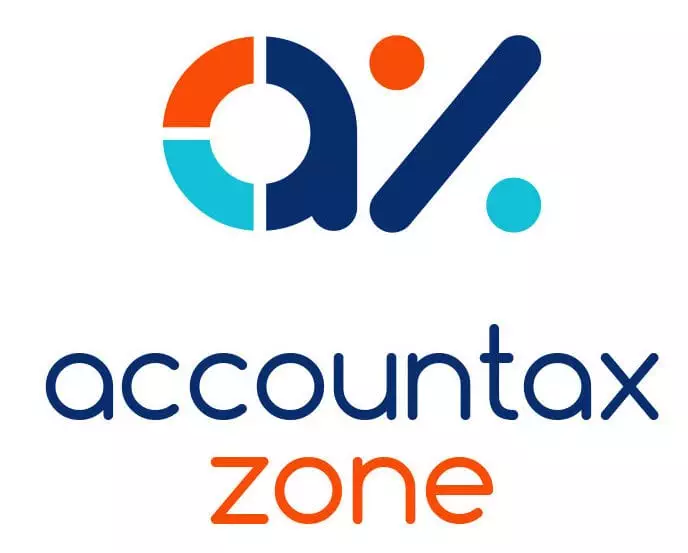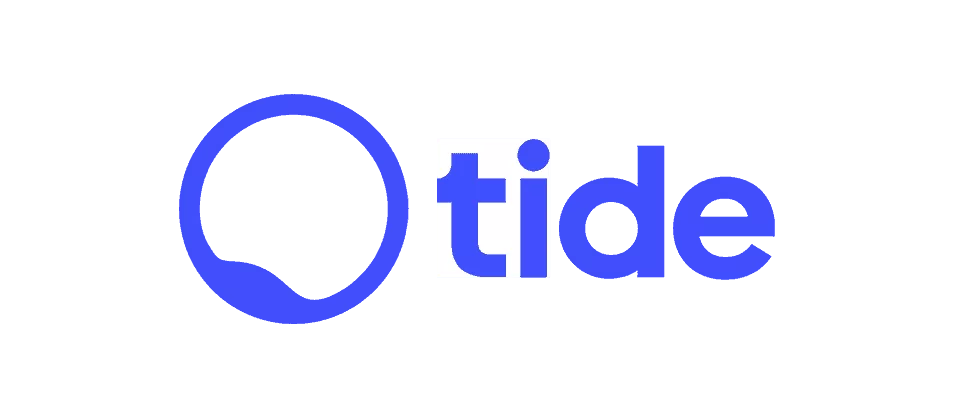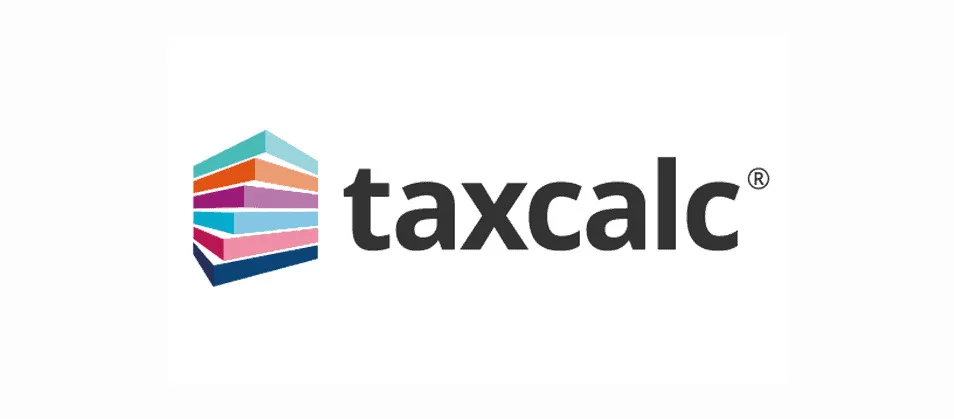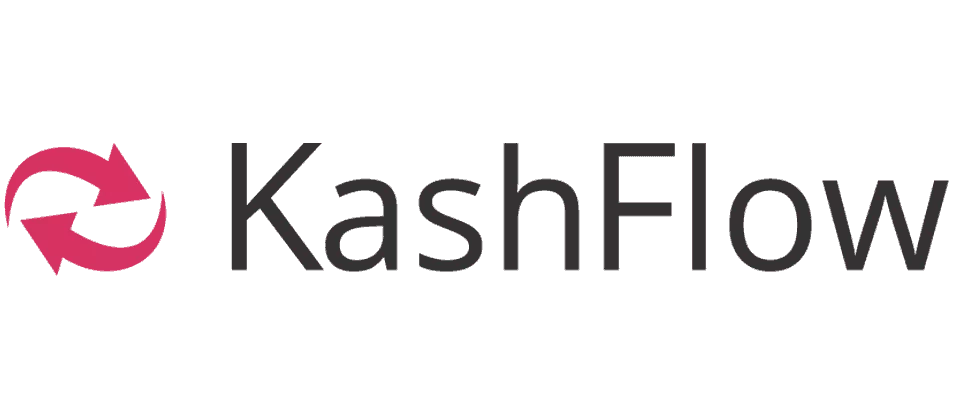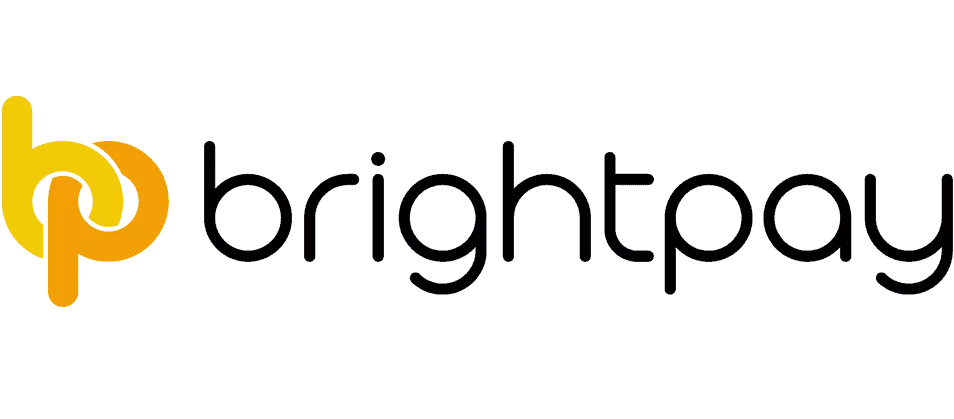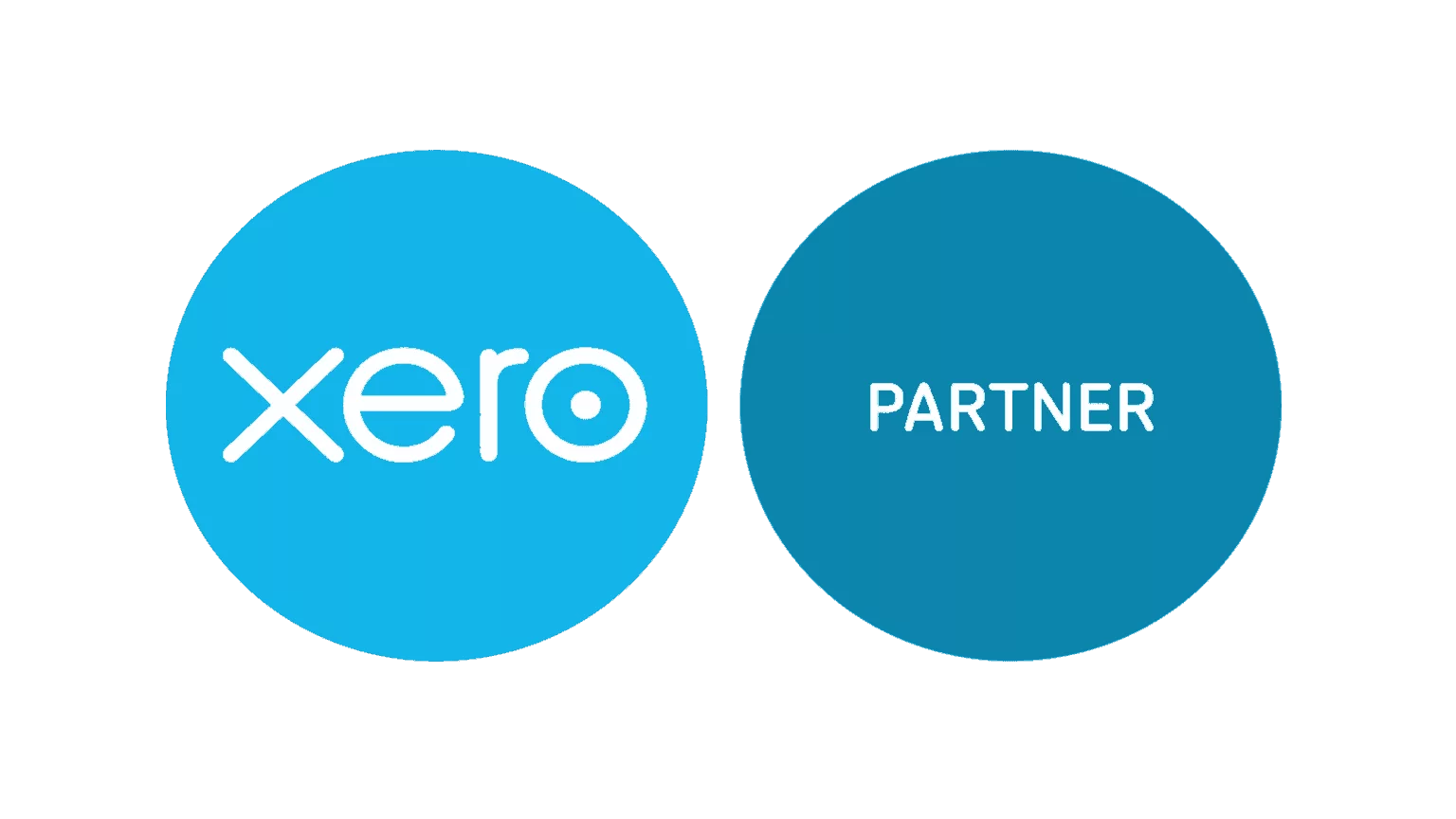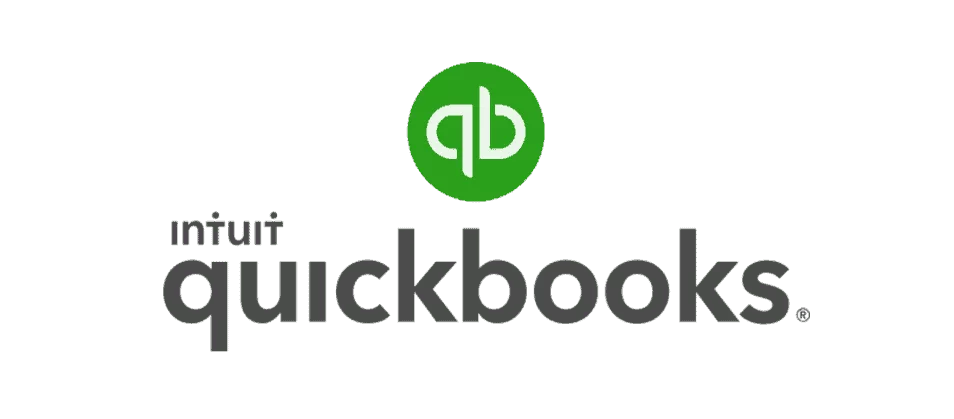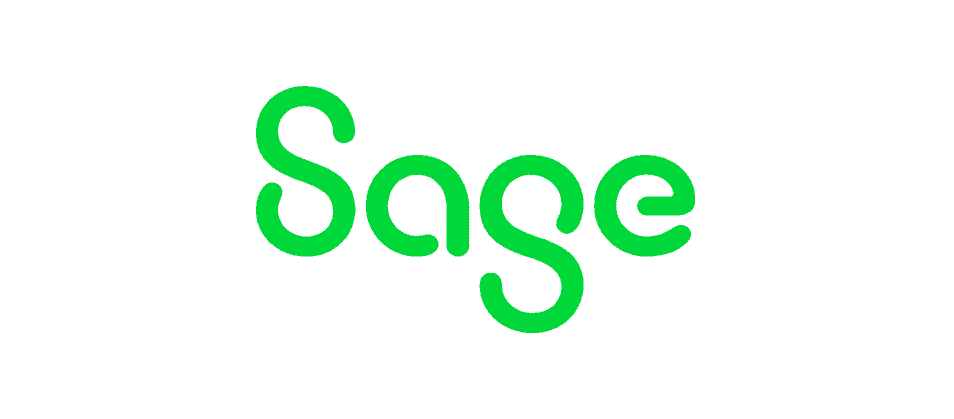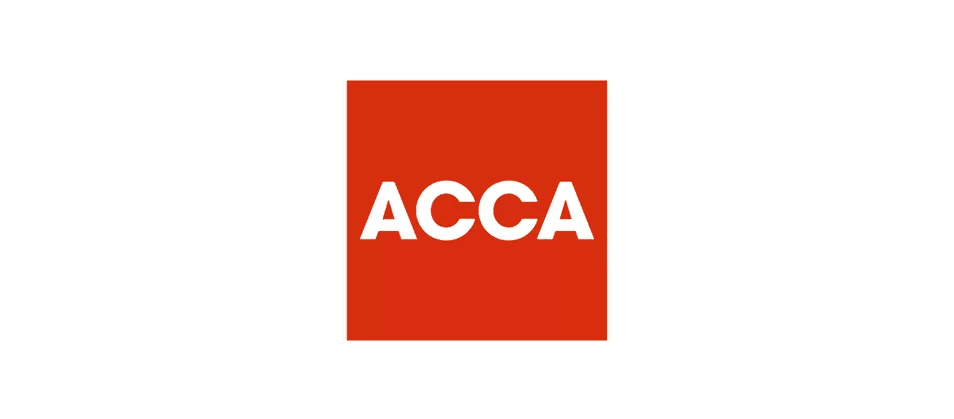VAT applies to taxable supplies made by a VAT-registered person whether an individual or a company. VAT-exempt supplies in the UK are goods and services that are not subject to VAT at any rate, including the standard rate (20%), reduced rate (5%) or zero rate (0%). Businesses making only VAT-exempt supplies do not charge VAT on their sales and cannot usually reclaim VAT on their purchases.
Many business owners are unaware that if they claim input tax based on an intention to make future taxable supplies, this claim may need to be reduced or repaid if there is a change in a taxpayer’s business to exempt or partial exempt or if the item is taken out of the business for private use. This situation typically arises where developers have been unable to sell but have had to let out the property instead. VAT on lettings is exempt, therefore in this situation none of the VAT paid can be reclaimed as the builders are deemed to be operating as investors rather than developers. If VAT has already been reclaimed, that amount must be repaid to HMRC (‘clawback’). For example, the VAT charged on land purchase can be reclaimed if the intention was to build and sell houses, i.e. generating zero-rated sales. If the houses are built but then let rather than sold, rental income is exempt from VAT, so the input tax claimed on the land purchase, plus input tax on all other expenses, such as building materials claimed in the previous six years, must be repaid to HMRC in the VAT period when the change in intention takes place.
However, not all of the VAT may need to be repaid if the rental arrangement is short-term. There is scope to make a clawback adjustment based on the ten-year life of the property. For example, if the rental agreement was for two years, then only 20% of the input tax claimed on the project costs needs to be repaid (subject to de minimis limits).
You may also like to read: Tax implications of company failure
The ‘payback’ rules work the other way round – where an expense was intended for exempt purposes (so input tax was not claimed), but a taxpayer’s business plans change such that it becomes relevant to a taxable activity (so input tax can be claimed). In this instance, input tax not previously claimed in the previous six years can be claimed in the VAT period when the change in intention takes place.
The clawback rules also apply to any change in intention from a business purpose to a private or non-business purpose. For example, VAT is reclaimed at the standard rate on the purchase of a computer by a VAT-registered business but then taken out of the business for private use. In this case, the input tax claimed should usually be repaid under the clawback provisions.
Practical point
Any input tax that needs to be adjusted under the payback and clawback rules may still be claimable in many cases under the partial exemption de minimis rules. Such rules allow a claim on input tax on exempt supplies if the amount is less than £625 a month on average and not more than 50% of the total input tax in the relevant period.
Partner notes:
VAT Regulations 1995, SI 1995/2518, Regs. 108 to 110
VAT Notice 706, sections 11 and 13
